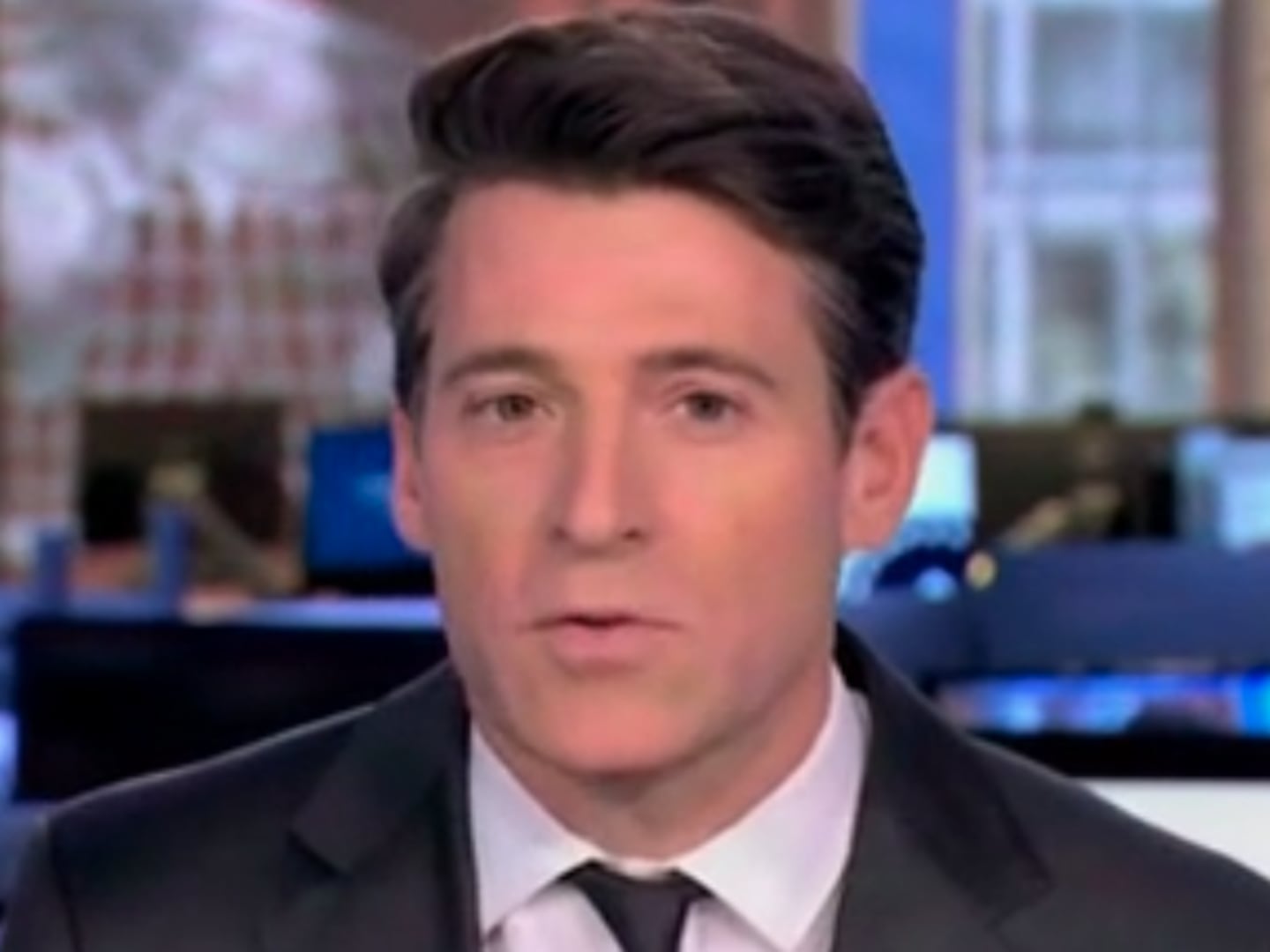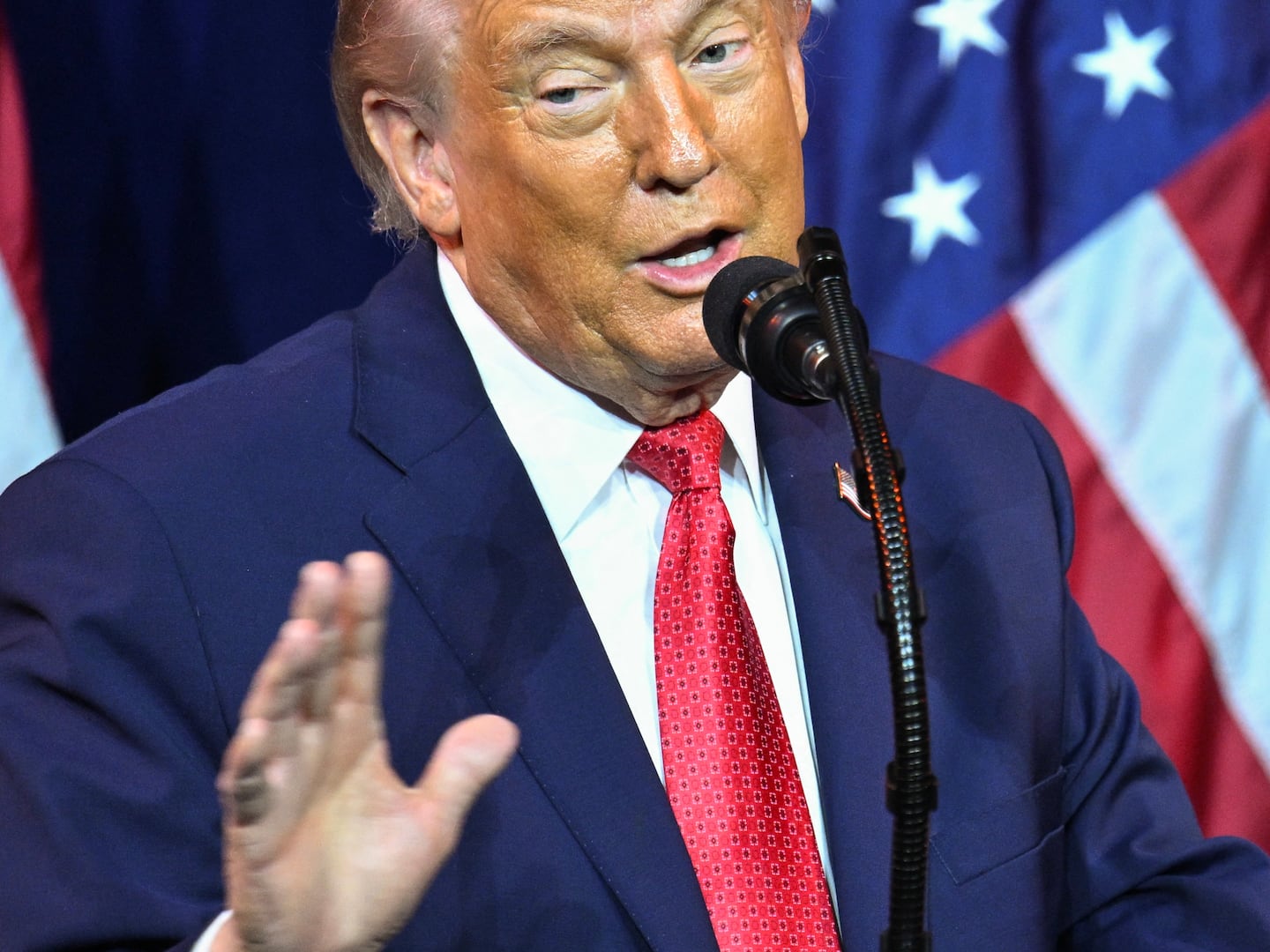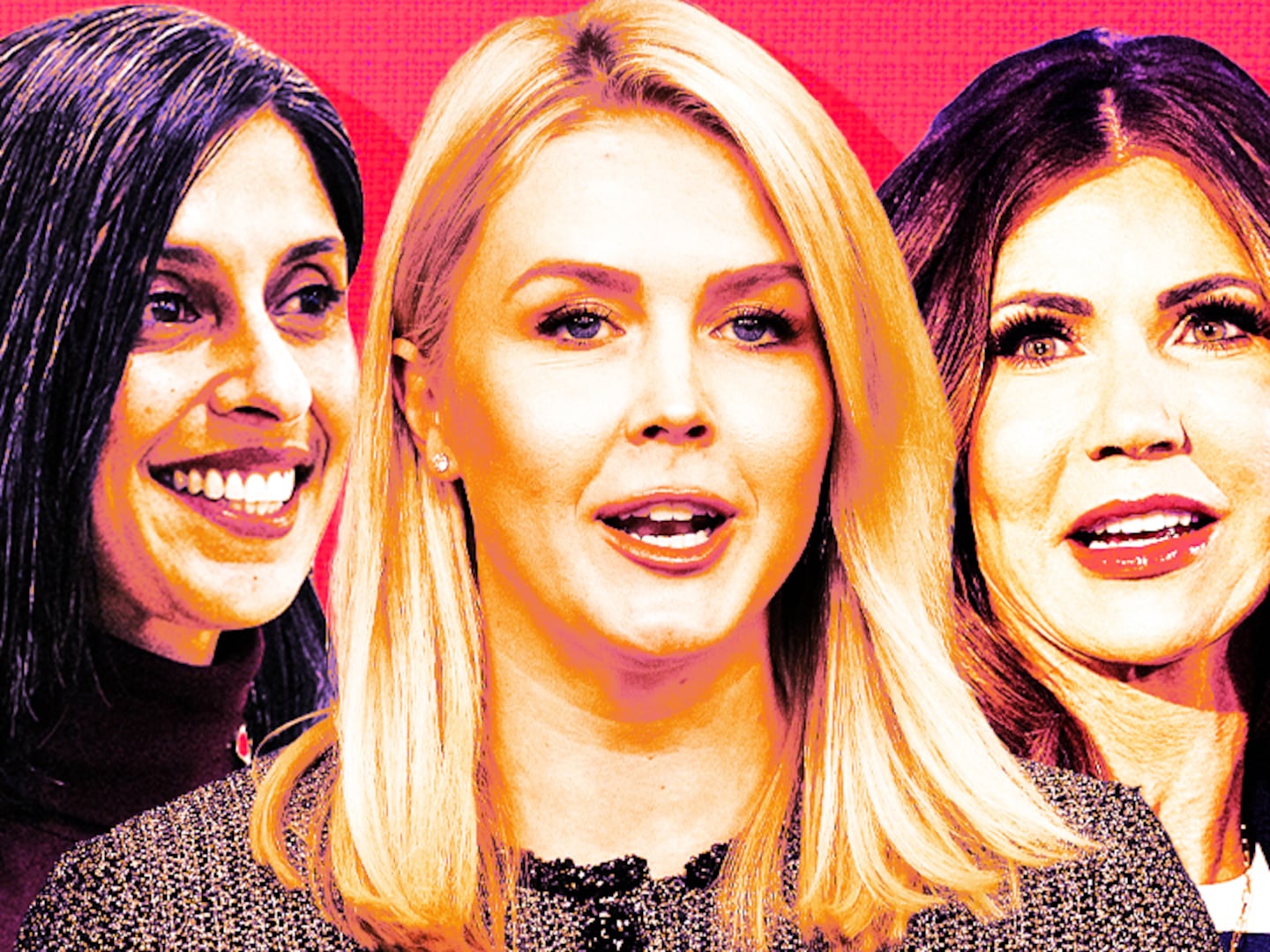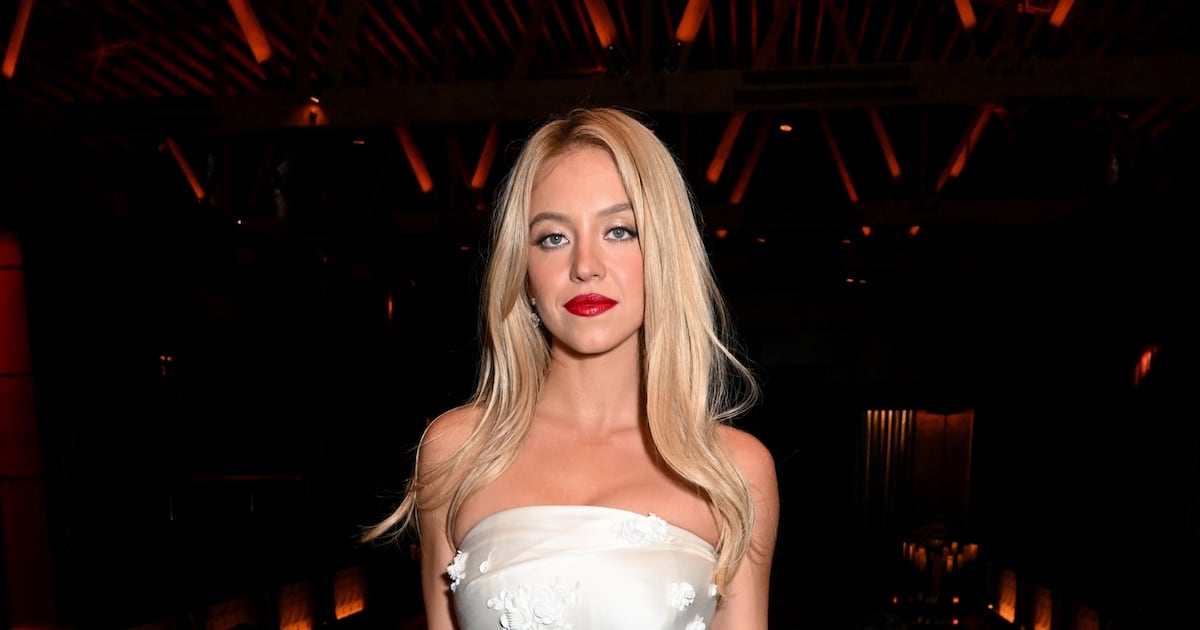Two months before the 2016 Olympic Games touch down in Brazil, Zika concerns have reached a fever pitch—eliciting responses from world leaders, health organizations, and athletes themselves. Every entity is taking a careful and very public look at Zika, analyzing the science, discussing its implications, and weighing potential risks should the Games continue.
Everyone, it seems, except the companies footing the bill.
The epicenter of the debate is Rio de Janeiro, where the Games are set to begin August 5. The impoverished city of 6.3 million has confirmed 32,000 cases and counting of the mosquito borne illness. With a crippled health infrastructure, some worry that the city’s outbreak is destined to get worse. Others argue that, because the games will be occurring during Brazil’s winter, the risk of infection will be negligible.
Zika itself is a relatively mild infection. In 80 percent of cases it resolves within a week, without even showing symptoms. Other times, it wreaks havoc, carrying a list of severe side effects. The most widely broadcast is microcephaly, a severe birth defect characterized by an underdeveloped brain and small skull. Equally life-altering is Guillain Barre Syndrome, a rare disorder in which the immune system attacks the nerves, causing muscle weakness or even paralysis.
But for babies born of mothers infected with Zika, microcephaly may be the tip of the iceberg. Last week WHO released an editorial exposing a wide range of other issues in babies who test positive for the disease—including cardiac complications, feeding problems, vision loss, hearing impairment, neurological abnormalities and more.
The magnitude of the findings led the 10 doctors who penned the editorial to suggest that Zika may actually cause an entirely new "congenital syndrome.” Most of the data thus far has come from Brazil—where there have been over 1200 reported cases of microcephaly—but WHO is urging other countries to increase their reporting.
Typically spread by the Aedes egypti mosquito, new studies suggest that Zika may be transmitted sexually (even via oral sex) or by other human contact. In an effort to answer critical questions like this one, President Obama petitioned Congress for $1.8 billion, but 120 days later they have yet to respond.
Now, 10,000 athletes and 500,000 fans from across the globe will descend on Rio.
The World Health Organization has formed a Zika committee and issued multiple statements, while the Centers for Disease Control and Prevention has outlined safety precautions. The International Olympic Committee (IOC) has a team dedicated to it. The White House and National Institute of Health do, too. Even the competing athletes have weighed in—like U.S. Women’s Soccer star Hope Solo, who said she will be “sequestering herself” in the team’s hotel.
It’s odd then, that the organizations fueling what many have called an event “too big to fail” have remained silent. None of the 10 largest Olympic sponsors have so much as issued official statements, much less offered an opinion on whether it’s safe. For companies concerned about everything from what attendees will eat for breakfast to which athletes will appear on their soda cans, isn’t the potential for lifelong health condition worth a public discussion?
***
There are currently 10 companies considered the main sponsors of the Games, an elite group shelling out hundreds of millions of dollars. The IOC classifies them as “The Olympic Partners” or TOP. Coca-Cola is at the top of maintaining the longest continuous relationship to the Games and is viewed by many as the principal sponsor.
Nine of the 10 TOP companies, which include McDonald’s, Visa, and General Electric, did not respond to The Daily Beast’s request for comment. Coca-Cola replied to say that the questions would be “best served” by the IOC.
The silence is all too familiar for Dr. Amir Attaran, a professor in epidemiology and law at the University of Ottawa. Attaran recently penned a letter outlining the risks Zika poses if the Olympics should continue. He hoped to include input from the sponsors, but multiple emails to them either went unanswered or were redirected.
“We are taking our guidance on this from the World Health Organization, the U.S. Centers for Disease Control and Prevention, and other national and international health organizations,” Coca-Cola told Attaran in an email obtained by The Daily Beast. “Any further questions should be directed to the International Olympic Committee or the Rio 2016 Organizing Committee.”
In the absence of input from the corporate sponsors, Attaran wrote the letter anyway, including seven explanations about the dangers of the Games; he then sent the letter to the companies. Thus far it has received the signatures of 214 medical experts—leaders in bioethics, neurology, epidemiology, obstetrics, gynecology, and psychiatry, among others.
“An unnecessary risk is posed when 500,000 foreign tourists from all countries attend the Games, potentially acquire that strain, and return home to places where it can become endemic,” the letter, addressed to WHO Director Margaret Chan, reads. “Should that happen to poor, as-yet unaffected places (e.g., most of South Asia and Africa) the suffering can be great.”
Attaran is not, as some have reported, advocating for the Games to be cancelled. Instead, he suggests they be delayed until things are safe or moved to another city. “It is unethical to run the risk, just for Games that could proceed anyway, if postponed and/or moved,” the letter concludes.
If the ethical questions about sending athletes and the general population into a potentially dangerous area aren’t enough to trigger responses from the companies, the money should be. According to The Guardian, each TOP company paid $100 million for the London Games. This year that number has reportedly been doubled to $200 million.
Sponsors of this caliber are granted intellectual property rights and unmatched marketing opportunities. In return, they provide financial support for the Games to continue. Ben Seeley, a spokesperson for the IOC, said that the majority of the revenue goes to athletes themselves. “The IOC redistributes more than 90 percent of its income to the wider sporting movement,” Seeley told The Daily Beast. That means each day, the equivalent of $3.25 million goes to players around the world.
It’s an interesting juxtaposition: companies paying for the careful training and development of athletes, then sending them into a disease-ridden city with an inadequate safety plan.
Given the risks to the athletes, the public, and the brands, Attaran says there is no excuse for steering clear of the conversation. “Tacitly by saying nothing they are accepting the risk—risk which includes many children born with severe brain damage who will never live a normal day of life,” he says. “Coca-Cola and Mcdonald’s have decided that’s okay. That the possibility of brain damaged children is outweighed by their need to promote. It’s as simple as that.”
In the letter, Attaran highlights how quickly serious medical consequences have been connected to the disease and how many questions still remain. He suggests that WHO perform a “fresh, evidence-based assessment of Zika and the Games.”
While Attaran has received the support of hundreds of doctors across the globe, some experts in the field of epidemiology suggest his theory is misguided.
Duane Gubler, Director of Duke University’s Program on Emerging Infectious Diseases in Singapore, disagrees with the suggestion that the Games be postponed. One of eight consultants on WHO’s Zika Emergency Committee, he’s been studying Dengue fever—a similar mosquito borne illness—for more than 50 years. After watching the spread of that disease, he’s guessing that the Rio Olympics will produce a few sporadic outbreaks, but nothing like the “global health crisis” that Attaran predicts.
“At this point I think we shouldn’t even consider cancelling the Olympics,” he told The Daily Beast. “It’s winter [in Brazil] so the transmission will be very low and if the athletes take precautions—like make sure they are in air conditioned hotel rooms—the risk will be minimal.”
Gubler points out that, economically, cancelling the Games would be a disaster. He suggests that the doctors recommending it haven’t worked on infectious diseases enough to accurately measure the threat.
He does admit, however, that Zika remains somewhat of a mystery in the science world. Unlike Dengue, Zika has been linked to a host of severe, chronic conditions and has the potential to be spread sexually. Despite the unknowns, Gubler is confident that the Games pose no real threat to global health.
“There’s a lot we don’t know about the virus…how it’s going to respond,” he says. “But we need to live our lives in a normal way and use our preventive methods to decrease risk. We need to prevent and control it but not let it disrupt our lives.”
The WHO agrees, concluding last week that “cancelling or changing the location of the 2016 Olympics will not significantly alter the international spread of Zika virus.” The IOC and the Brazilian government have been similarly supportive, saying the situation will be “improved” by August.
“The health and safety of the athletes and all people attending the Games are of absolute importance for the IOC,” Director General of the IOC Christophe de Kepper said in May. “We are pleased to see that the Brazilian Government is working closely with the WHO, and that it is following its advice as the IOC does. We are fully confident that the measures taken by Brazil will provide safe conditions for all those looking forward to experiencing great Games in a few weeks’ time.”
Barry Diller, Chairman of the Board and Senior Executive, IAC and Expedia Inc., is on Coca-Cola’s Board of Directors. IAC is The Daily Beast’s parent company.






